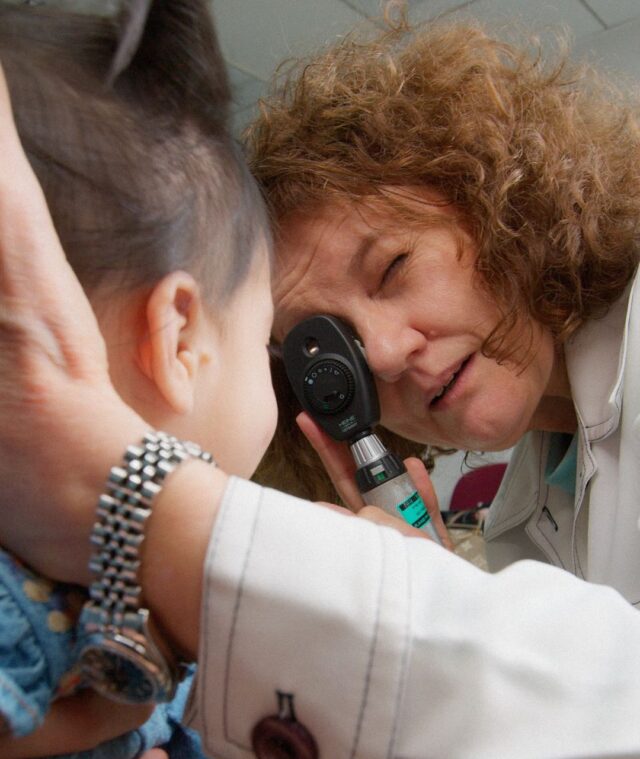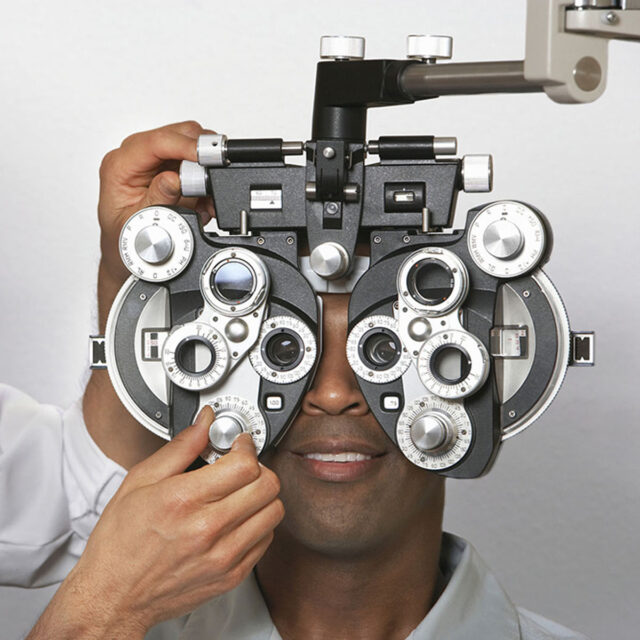Photo by Mateo Heinze on Unsplash
Our sense of sight is astoundingly fragile.
There are various factors that can impair your vision or cause you to lose it entirely. These include injuries to and infection of the eyes.
Certain health conditions can also increase your risk of having impaired vision and going blind faster than you might expect.
Most of the time, these medical conditions can include vision problems as part of their symptoms. However, sometimes, different parts of the eye, orbit, or the entire visual sensory system can get affected.
Common Health Conditions That Cause Vision Problems
Below are the most common medical conditions that can affect your eye health:
1. Diabetes
Changes in blood sugar levels can cause temporary vision changes. But diabetes, one of the most prevalent diseases worldwide, especially among the elderly, can cause serious eye problems when it is not managed properly or well controlled.
Diabetes is a chronic disease that can increase a person’s risk for heart attacks, strokes, and kidney failure. It is also the primary cause of diabetic retinopathy, which is a cause of blindness.
Diabetic retinopathy results from long-term accumulated damage to the small blood vessels in the retina.
People with diabetes are also twice as likely to develop glaucoma, a condition that damages the optic nerve due to high internal eye pressure.
If you have diabetes, it is best to see an eye specialist specializing in diabetic retinopathy and glaucoma in Dubai for timely and proper diagnosis, and to reduce your risk for these diseases.
2. Hypertension
Hypertension or high blood pressure has been linked to various health issues, including heart disease, obesity, and renal dysfunction.
One of the most serious medical conditions associated with hypertension is hypertensive retinopathy.
Hypertensive retinopathy is a condition wherein the blood vessels en route to the eyes become damaged, which will then affect the retina.
If you have high blood pressure, controlling it is vital to reduce your risk of suffering from hypertensive retinopathy. Keep in mind that the longer your blood pressure remains high, the more likely you will develop this condition and other vision problems.
3. Rheumatoid arthritis
Arthritis wreaks havoc on your hands, arms, and legs. However, it can also affect eye health.
Dry eye syndrome is the most common eye condition associated with rheumatoid arthritis. If left untreated, this disorder can lead to corneal scarring and infections.
Additionally, people between the ages of 40 and 70 who have arthritis are also at risk of developing scleritis, a type of inflammation that thins the sclera or eyewall. Symptoms of this disorder include continuously red eyes, light sensitivity, and deep eye pain.
Glaucoma (a condition that afflicts the optic nerve and causes vision loss) and uveitis (a type of eye inflammation) are two other eye conditions associated with rheumatoid arthritis.
4. Psoriasis
Psoriasis is one of the most prevalent skin diseases. It is a condition that causes dry and itchy patches all over the body.
But aside from the discomfort and unappealing skin you can get from psoriasis, this condition can also pose a threat to your eye health.
Uveitis is a rare but severe complication of psoriasis. It is a type of eye inflammation characterized by blurry vision, pain, redness, sensitivity to light, and eye floaters. All these symptoms can impair your eyesight.
Additionally, psoriasis can also cause flare-ups in the eyelids.
5. Rosacea
Rosacea is a dermatological condition characterized by redness and small bumps that look like acne, mainly on the face.
Like psoriasis, rosacea can also cause an eye problem – ocular rosacea.
The symptoms of ocular rosacea include redness, dryness, itching, burning, and tearing. Many patients also report having a gritty feeling in the eyes, swollen eyelids, and sensitivity to light.
Ocular rosacea can lead to vision impairment and even vision loss if left untreated. The good news is this condition usually responds well to treatment when detected early.
6. Liver disease
Jaundice is a common and noticeable symptom of liver disease. However, aside from the yellowing of the eyes, this illness can also affect your visual sensory system in various ways.
Liver disease can also cause dry and itchy eyes. Another worrisome condition is xanthelasma, which are small deposits of fats that appear as yellowish bumpy patches around your eyes or on the inside corners of the eyelids.
Additionally, congenital liver disease can affect any part of the eye, including the cornea and lens.
If you have cirrhosis or any type of liver disease, it is best to see your ophthalmologist for regular checkups to prevent any eye problems associated with this health issue from getting worse.
7. Nutritional deficiencies
Poor nutrition can cause a variety of health issues, including poor vision and the eventual loss of eyesight.
For starters, vitamin A deficiency can put you at a higher risk of vision loss and blindness. It can also cause dry eye syndrome and ulcers on the cornea.
If you have difficulty seeing in the dark or have night blindness, your body may not be getting the right amount of vitamin A.
Additionally, if your body is not getting the right amount of vitamins C and E, lutein, omega-3 fatty acids, and zinc, you are more likely to develop cataracts and age-related macular degeneration or AMD, an eye condition that affects the central vision.
AMD does not cause complete blindness but it can make reading, driving, recognizing faces, and other activities difficult.
Aside from modifying your diet to include more fresh fruits and vegetables and lean proteins, ask your general practitioner or ophthalmologist to recommend a multivitamin supplement that can help you keep your eyes healthy.
To maintain overall good health and reduce the chances of you suffering from debilitating eye problems, make it a habit to see your doctor and specialists at the best eye center in Dubai regularly.
Please reach out via our Contact page to schedule an appointment or to speak with one of our certified eye specialists if you have any eye concerns.








